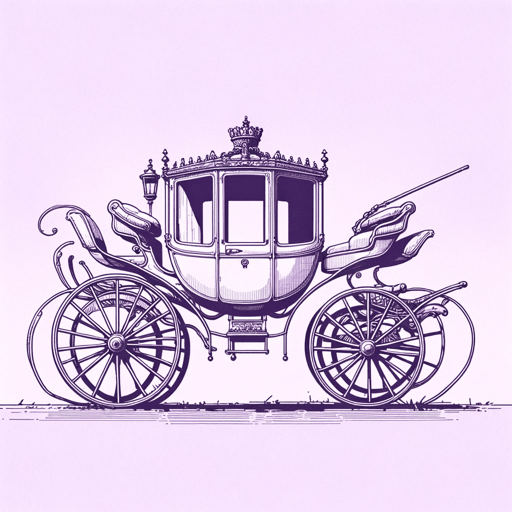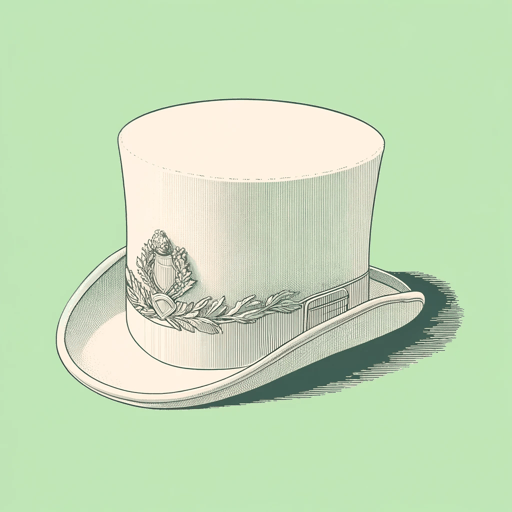62 pages • 2 hours read
Nikolai GogolDead Souls
Fiction | Novel | Adult | Published in 1842A modern alternative to SparkNotes and CliffsNotes, SuperSummary offers high-quality Study Guides with detailed chapter summaries and analysis of major themes, characters, and more.
Important Quotes
“The new arrival’s questions, however, were not all trivial: he asked a lot of extremely pointed questions: who was the governor of the town, the chief judge, the chief prosecutor—in fact, he did not leave out a single important official; with even greater precision, if not personal concern, he asked about all the important landowners, how many serfs each had, how far they lived from town, even what sort of person they were, and how often they visited the town; he asked in detail about local conditions, prevalent diseases—epidemic fevers, lethal contagious diseases, such as smallpox—and all these questions were so exhaustively and precisely put that they were clearly inspired by more than mere curiosity.”
(Part 1, Chapter 1, Location 140-144, Page n/a)
A fundamental aspect of Chichikov’s character is his dedication to detail in pursuit of his goals. He asks about every conceivable issue concerning local landowners and their possessions, along with any possible catastrophes befalling their peasants. The narrator points out that this must be more than casual interest, though none of his interlocutors suspects this. Though Gogol does not have the narrator reveal Chichikov’s dead souls scheme until much later, his interest in wealth and material conditions is never hidden.
“Chichikov went to see the vice-governor, then he visited the prosecutor, the chief judge, the chief of police, the alcohol monopolist, the chief manager of state factories…unfortunately, it’s hard to remember all the mighty and powerful, but suffice it to say that the new arrival proved himself to be remarkably enterprising in his visits: he even went to pay his respects to the inspector of medical services and the town architect. Afterwards, he spent a long time sitting in his barouche trying to think of anyone else he ought to call on, but there were no other officials in the town.”
(Part 1, Chapter 1, Location 188-192, Page n/a)
The narrator’s catalogue here emphasizes the centrality of bureaucracy to life in imperial Russia. To know a town is to know its officials, no matter how minor. The list also emphasizes Chichikov’s “enterprising” thoroughness—he takes his own initiative and makes his own plans. Chichikov’s scam depends on a thorough understanding of social networks, the ability to read people, and the knowledge of how to track power and resources.
“Such is the Russian: he has a great passion to be on close terms with somebody who may be just one rank higher than himself, and a nodding acquaintance with a count or a prince matters more to him than any close friendly relationship. The author is even worried for his hero, who is a mere collegiate councillor. Mid-ranking councillors, perhaps, will make his acquaintance, but those who have risen to ranks equivalent to a general’s will, God knows, perhaps only grant him one of those contemptuous glances that are given by a man to anything creeping at his feet—or, still worse, they may even ignore him utterly, thus mortifying the author.”
(Part 1, Chapter 2, Location 322-326, Page n/a)
Gogol’s narrator frequently comments on the national character. Often, the portrait is not flattering: Here, the narrator jokes that Russians are so obsessed with bureaucratic rank that they structure their social lives around it—so much so that they might even scoff at Chichikov’s own lack of significant social rank.
Related Titles
By Nikolai Gogol
Featured Collections
Class
View Collection
Class
View Collection
European History
View Collection
Politics & Government
View Collection
Religion & Spirituality
View Collection
Satire
View Collection
School Book List Titles
View Collection
Truth & Lies
View Collection
Victorian Literature
View Collection
Victorian Literature / Period
View Collection






